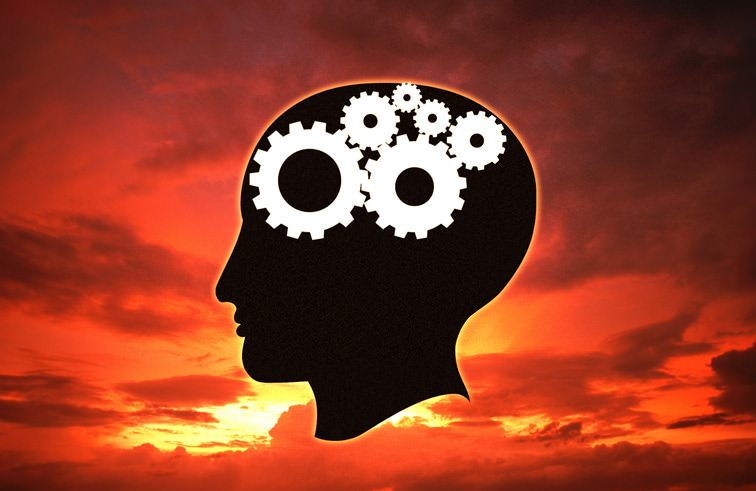
affect you to chance?
Being emotionally intelligent means demonstrating “choice.” In fact, the root of the word “intelligent” is legere, which means “choosing” and inter meaning “between.” The person evaluates circumstances in such a way that he or she sees there are options in how a situation can be viewed, and thus sees options in the possible reactions.
The choice that most relates to creativity and peak performance is to feel good, which could mean anything from reflective to silly, from calm to passionate, from reverent to reveling and from compassionate to gratified, depending on personal values and circumstances. There is a range of emotional possibilities that come under the category of happiness, so there are many strategies to consider when inspiring ours and other’s Optimal Productive States. It’s time to take into consideration desire and happiness at work. It’s time we recognize the power of “I want to” as the major ingredient of success.
Practical Tips
1. Track your emotional states using the form in Appendix A.
2. After a few days of consistently being aware of your emotional states, start asking yourself what is triggering each state. Remember, you may be feeling more than one emotion at any given time. It doesn’t matter whether you feel good or bad, you should work on being cognizant of what perceptions and mental activities are at the core of your feelings.
3. Identify your three most common triggers of emotions that drain you (such as unmet needs to be understood, appreciated and respected). For the next three weeks, notice when these needs are driving your emotions, thoughts and behavior. Then ask yourself what you can do to get your needs met or to let go of the attachment to your need if getting them met is not possible in the moment.
“Anyone can become angry—that is easy.
But to be angry with the right person,
to the right degree, at the right time,
for the right purpose in the right way—
that is not easy.”
—Aristotle, the Nicomachean Ethics

















